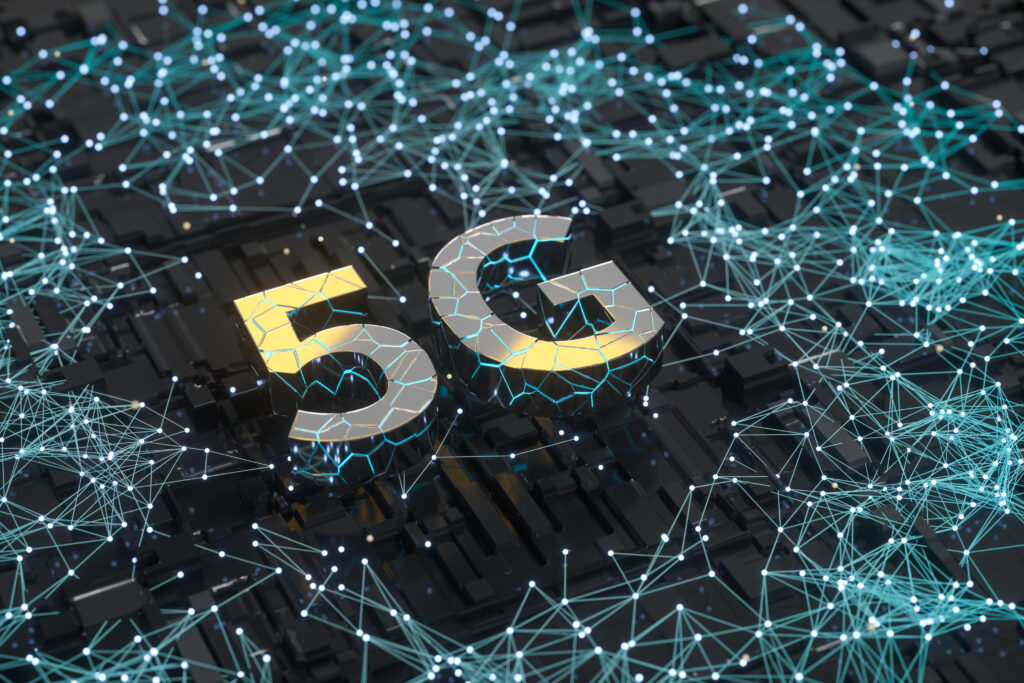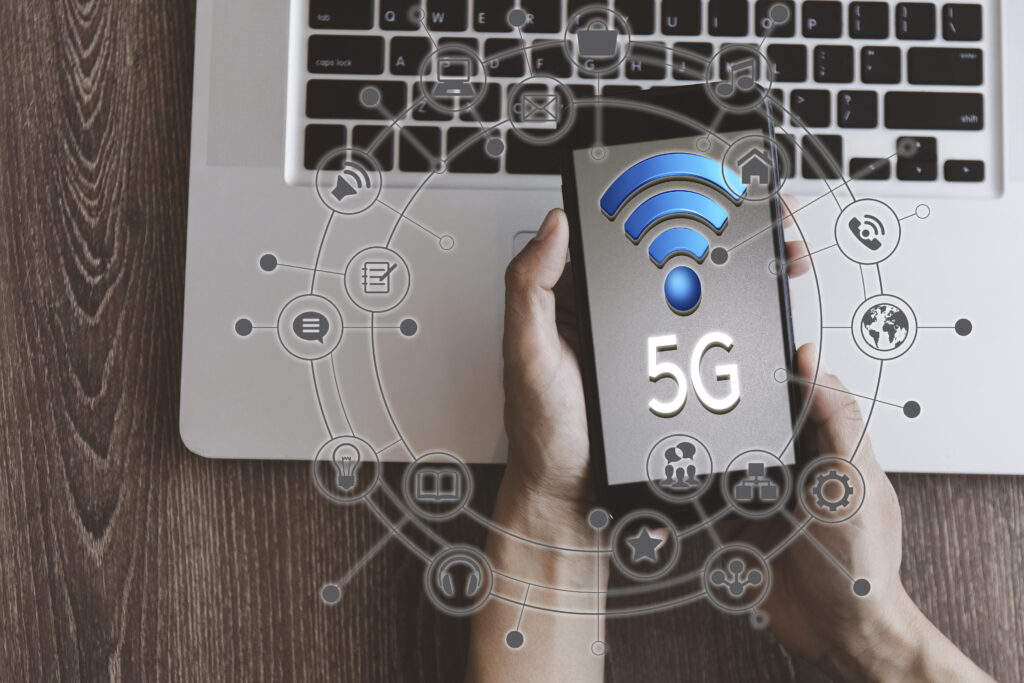The dawn of 5G technology heralds a new era of connectivity, revolutionizing the way we access the internet. But what exactly is 5G home internet? Simply put, 5G home internet utilizes the fifth generation of wireless technology to deliver ultra-fast and reliable internet to homes, eliminating the need for traditional wired systems. By leveraging advanced cellular networks, 5G home internet promises speeds and latency comparable to fiber optic connections without the complexities of physical infrastructure.
The Basics: What Is 5G Home Internet?
When discussing 5G home internet, we refer to the application of 5G cellular technology to deliver broadband services to households. A 5G wifi router acts as the central hub, converting the wireless 5G signal into Wi-Fi within the home. This setup enables households to achieve remarkable internet speeds and low latency, ideally suited for modern digital lifestyles.
Why is 5G Home Internet Good?
Undoubtedly, the benefits of 5G home internet have garnered significant attention. Here are several reasons why 5G home internet is poised to be a game-changer:
- High Speeds: With the potential to reach up to 10 Gbps, 5G home internet offers unparalleled download and upload speeds, a far cry from the limitations of current broadband technologies. This ensures seamless streaming, gaming, and more.
- Low Latency: Reduced lag time is crucial for applications like online gaming and real-time video conferencing, where milliseconds matter. 5G’s low latency promises quicker response times, enhancing user experience.
- Reliability: 5G networks are built on redundant infrastructures, meaning multiple pathways for data transmission. This built-in reliability ensures consistent connectivity with minimal downtime.
- Flexibility: Without the need for extensive cabling, 5G home internet is easier to install and can be swiftly deployed in rural and underserved areas, bridging the digital divide.

Addressing Common Questions
How does a 5G router work?
A 5G router operates by receiving the 5G cellular signal transmitted by nearby cell towers. It then converts this signal into Wi-Fi, enabling all connected devices within the home to access the internet wirelessly. Depending on the 5G technology it supports, a 5G router can handle various bands (low, mid, and high), optimizing performance according to network conditions.
Is 5G home internet good for gaming and streaming?
Absolutely. The high speeds and low latency of 5G home internet make it ideal for data-intensive tasks such as HD streaming and online gaming. With the capability to minimize buffering and lag, users can enjoy uninterrupted entertainment experiences.
What about the cost of 5G home internet?
While still emerging, the cost of 5G home internet is expected to be competitive with existing broadband services. Providers may offer varying plans catering to different needs, from basic home use to demanding multi-device environments. Over time, as technology matures and becomes more widespread, costs are likely to decrease further.
Future Implications
The rollout of 5G home internet is more than just a technological upgrade; it's a catalyst for innovation. The increased connectivity will fuel advancements in smart homes, IoT devices, and possibly even the widespread adoption of telecommuting as a viable, long-term work arrangement. The impact extends beyond consumers, as businesses also stand to gain from enhanced communication and operational efficiencies.

FAQ: Understanding 5G Home Internet
How Will 5G Home Internet Change Our Daily Lives?
- Enhanced Entertainment: With faster speeds and better reliability, streaming 4K or even 8K videos, engaging in online gaming, and using cloud-based services will become more seamless and enjoyable.
- Remote Work and Education: High-speed, low-latency internet can significantly improve remote work and e-learning experiences, making virtual meetings, online classes, and collaborative tools more effective.
- Smart Homes: 5G enables better management of smart home devices. Faster response times and more reliable connections mean smart speakers, security systems, and home automation features can operate more efficiently.
- Healthcare Innovations: Telemedicine and remote healthcare services can benefit from the enhanced capabilities of 5G, allowing for real-time consultation, remote monitoring, and even remote surgery possibilities.
- Augmented Reality (AR) and Virtual Reality (VR): These technologies require high data transfer rates and low latency, making 5G ideal for applications in various fields, including entertainment, education, and professional training.
What is the Expected Speed of 5G Home Internet?
While 5G is theoretically capable of reaching speeds up to 10 Gbps, the actual speed experienced by users can vary based on several factors:
- Network Deployment: Initial deployments, known as "non-standalone" 5G, might rely partially on existing 4G infrastructure, offering speeds between 100 Mbps and 1 Gbps.
- Location and Signal Strength: Urban areas with dense 5G infrastructure will experience higher speeds and better performance compared to rural areas.
- Network Congestion: The number of users on the network can impact speed. 5G aims to handle more devices simultaneously without a significant drop in speed.
Overall, users can reasonably expect speeds in the range of several hundred Mbps to a few Gbps in optimal conditions.
Is 5G Home Internet Available Everywhere?
As of now, 5G home internet is not available everywhere. Its availability depends on several factors:
- Geographic Coverage: Major cities and urban areas are the first to receive 5G services, while rural and remote areas are generally lower in priority.
- Infrastructure Development: The rollout of 5G depends on the deployment of necessary infrastructure, such as small cell towers and fiber backhaul.
- Carrier Initiatives: Different telecom companies have varying timelines and strategies for 5G deployment, impacting availability in different regions.
While global adoption is accelerating, it will take several years for 5G home internet to achieve the same level of coverage as existing 4G LTE networks.
What is 5g home internet? To summarize, 5G home internet represents a significant leap forward in broadband technology. By understanding what is 5g home internet, we can appreciate its potential to transform how we live, work, and interact with the digital world. With faster speeds, lower latency, and greater flexibility, the advent of 5G home internet is indeed the future of connectivity. As this technology continues to develop and become more accessible, we are on the brink of a new interconnected era that promises to enhance our daily lives in unprecedented ways.




